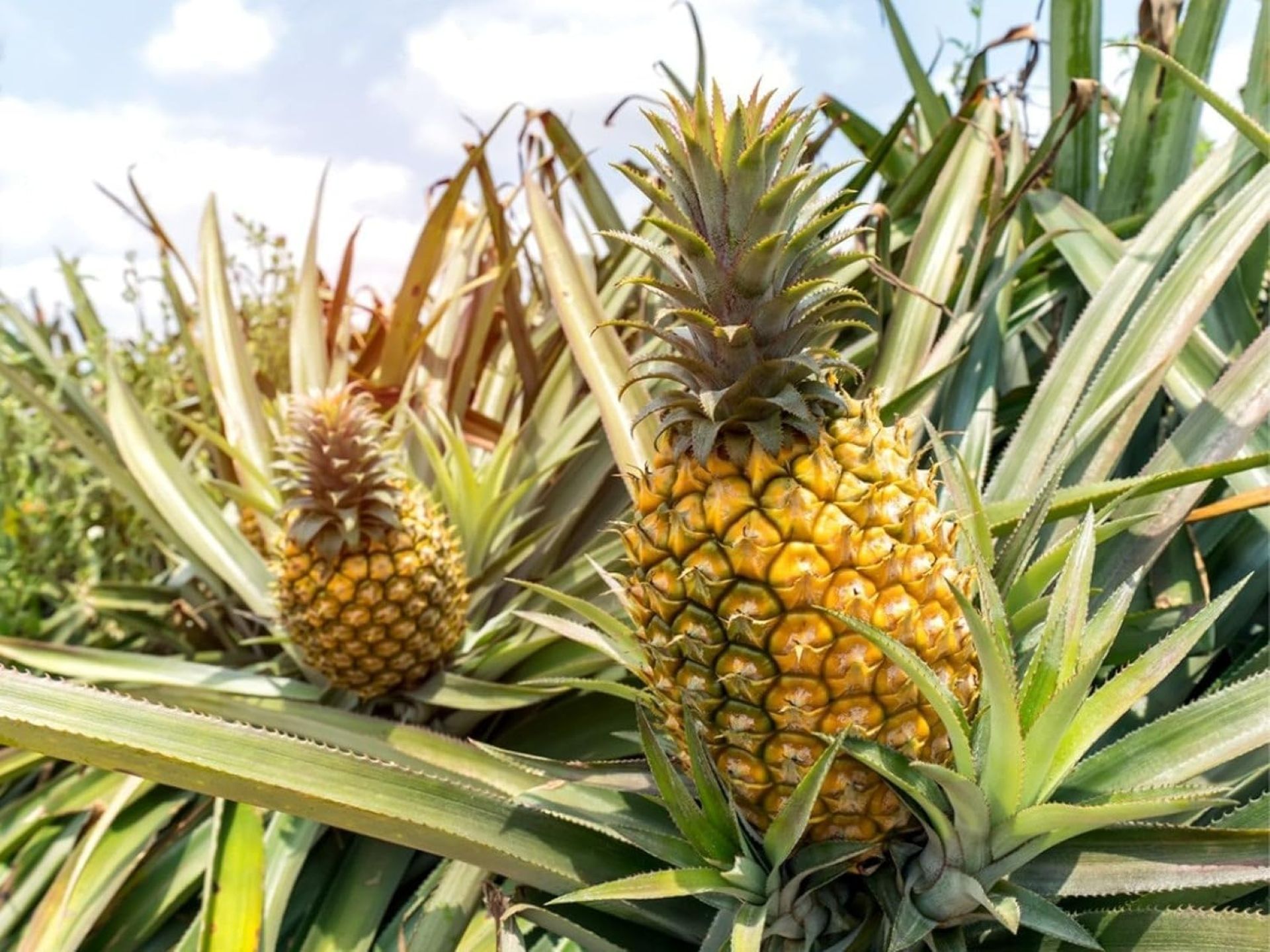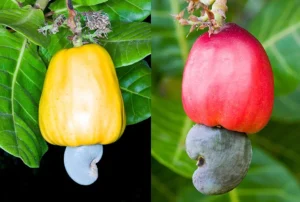Pineapple contains bromelain, an enzyme with potent anti-inflammatory and digestive benefits. It’s used to treat sinusitis, arthritis, and digestive disorders, and it also aids in wound healing.
Pineapple (Ananas comosus) is a popular tropical fruit with numerous uses, both in food and medicine. It’s commonly eaten fresh, in juices, or processed into jams and other products. Additionally, pineapple leaves have been traditionally used to treat various ailments like diarrhea, inflammation, and pain. Pineapple also offers potential benefits for improving insulin sensitivity and reducing blood glucose levels, according to ScienceDirect.com.
Detailed Uses:
- Food: Pineapple is a versatile food source, enjoyed fresh, canned, or in various dishes and beverages.
- Medicinal: Traditionally, pineapple leaves have been used for treating diarrhoea, inflammation, and pain.
- Insulin Sensitivity: Studies suggest that pineapple can improve insulin sensitivity in diabetic rats and may lower blood glucose levels.
- Textiles: The fibers from pineapple leaves were historically used to create piña cloth, a luxury fabric in the Philippines, according to the GBIF.
- Antioxidant and Anti-inflammatory Properties: Pineapple contains compounds with antioxidant and anti-inflammatory effects, according to NIH.
- Digestive Aid: Bromelain, an enzyme found in pineapple, can aid digestion and may help with conditions like heartburn and bloating.
- Other Traditional Uses: Some traditional practices involve using pineapple to treat parasitic infections, induce menstruation, and even abortion.
- Environmental Benefits: Pineapple plants can help prevent soil erosion due to their ground-hugging nature and protective leaves.
- Potential Cancer Prevention: Research suggests that pineapple may have potential anti-cancer properties.




